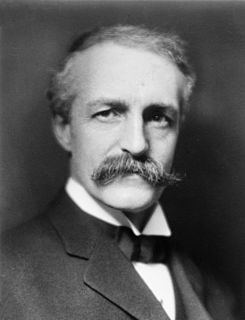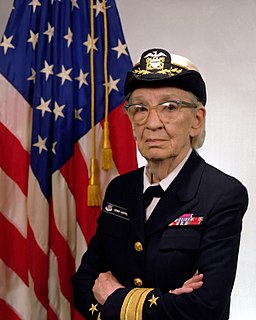A Quote by Kevin Maney
Some of what we're learning suggests a balance between exposing children to new things, yet giving them a chance to repeatedly experience something they enjoy, which builds "chunks" of information in their brains.
Related Quotes
By exposing yourself to risk, you're exposing yourself to heavy-duty learning, which gets you on all levels. It becomes a very emotional experience as well as an intellectual experience. Each time you make a mistake, you're learning from the school of hard knocks, which is the best education available.
So while it is true that children are exposed to more information and a greater variety of experiences than were children of the past, it does not follow that they automatically become more sophisticated. We always know much more than we understand, and with the torrent of information to which young people are exposed, the gap between knowing and understanding, between experience and learning, has become even greater than it was in the past.
Groups are only smart when there is a balance between the information that everyone in the group shares and the information that each of the members of the group holds privately. It's the combination of all those pieces of independent information, some of them right, some of the wrong, that keeps the group wise.
Data isn't information. ... Information, unlike data, is useful. While there's a gulf between data and information, there's a wide ocean between information and knowledge. What turns the gears in our brains isn't information, but ideas, inventions, and inspiration. Knowledge-not information-implies understanding. And beyond knowledge lies what we should be seeking: wisdom.
Societies would _not_ be better off if everyone were like Mr Spock, all rationality and no emotion. Instead, a balance - a teaming up of the internal rivals - is optimal for brains. ... Some balance of the emotional and rational systems is needed, and that balance may already be optimized by natural selection in human brains.
When children ask me what's my favorite [role], I say to them, "Imagine having ten beautiful new puppies in a basket and you had to say which one is your favorite, and you simply couldn't because you love them all for different reasons." POPPINS was such a learning experience, as was THE SOUND OF MUSIC. I tell you, every one of them just helped me grow in what I do and did and each one was such a phenomenal working experience.
Many writers struggle with exposition in their novels. Often they heap it on in large chunks of straight narrative. Back story – what happens before the novel opens – is especially troublesome. How can we give the essentials and avoid a mere information drop?
Use dialogue. First, create a tension-filled scene, usually between two characters. Get them arguing, confronting each other. Then you can have the information appear in the natural course of things.































